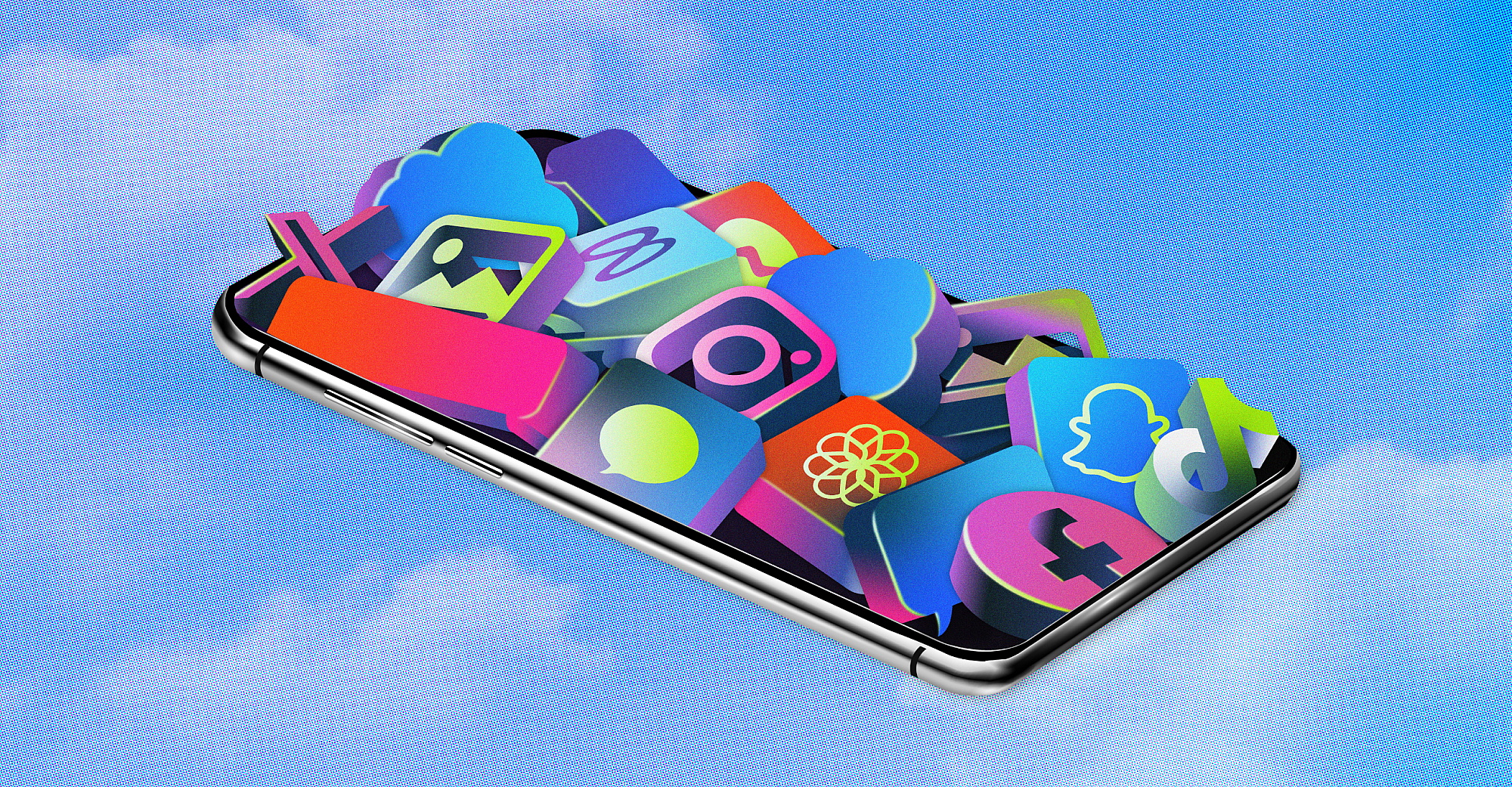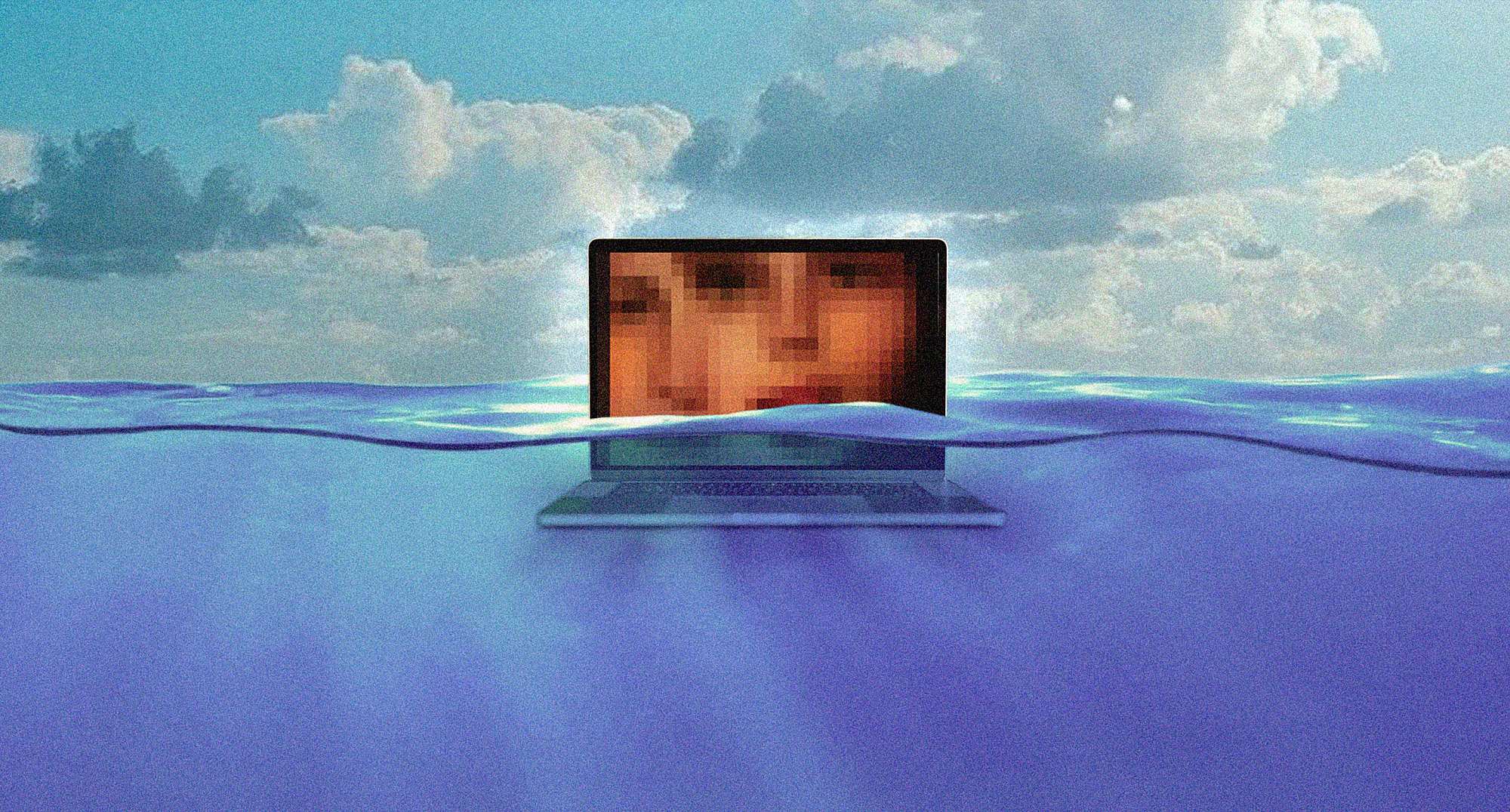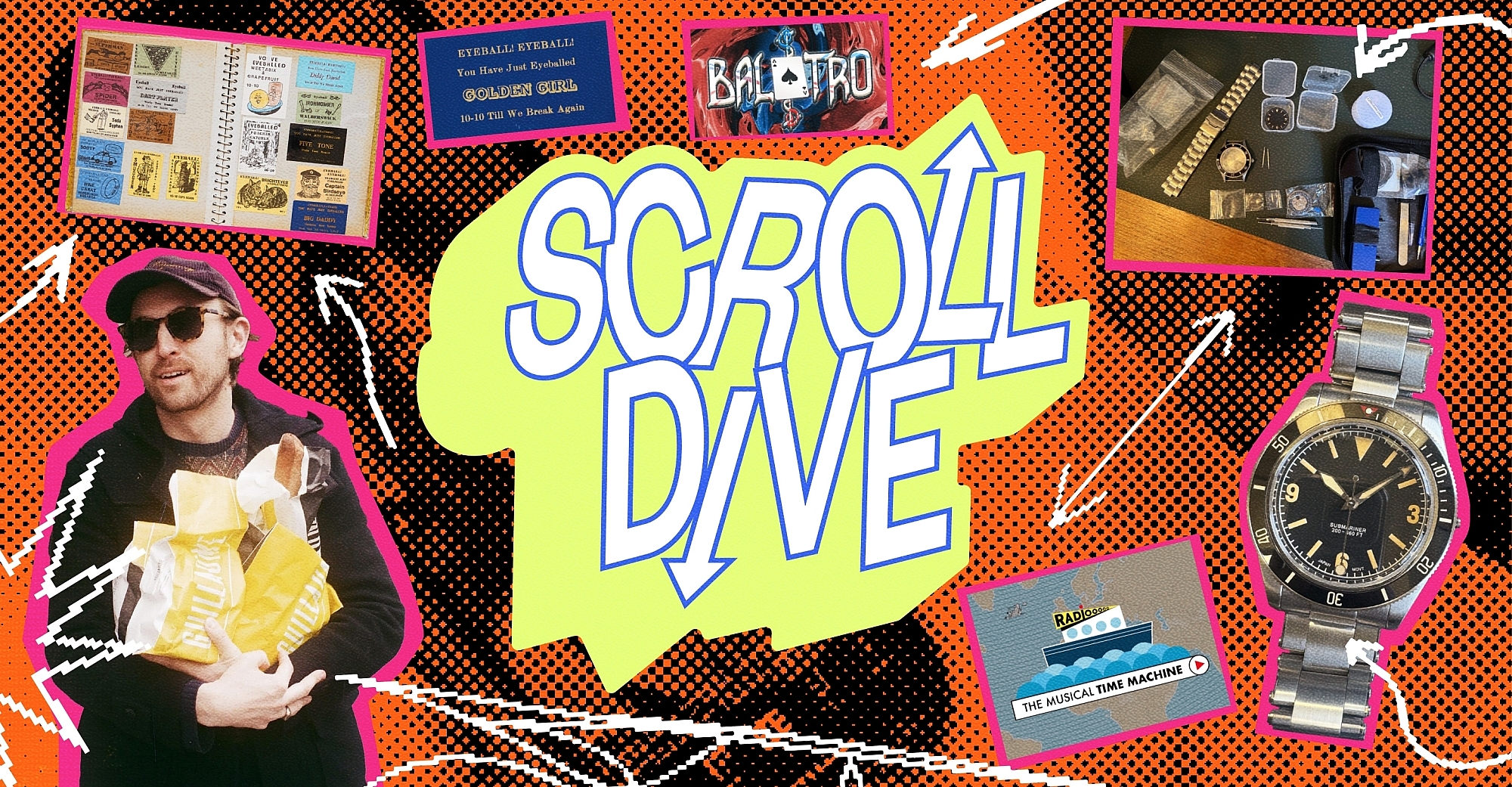How AI Is Creating a Sea of Sameness in Culture

- Text Elise Bang
- Design Emily Zhang
Since AI tools like ChatGPT, Midjourney, and Google’s Bard have been made available to the public, the internet has had a field day, using AI tools to create imaginary worlds; write college papers; and release fake music tracks “sung” by their favorite artists. Many see AI as a useful tool for creativity, while others see it as creating derivative or even harmful work. What happens to human ingenuity when its talents are mimicked by artificial intelligence? Is the output of AI tools revolutionary or is it regurgitating information and creating more sameness on the internet? We brought together a group of AI-curious folks at D1A to discuss the technology’s capabilities and its impact on creativity.




Describe your experience using AI tools. Which ones have you used? What have you used them for?
Tiffany Gilpin: I think Grammarly is considered an AI tool? I use that a lot to help strengthen my writing.
Dave Mount: I've not used any of the typical AI tools like Chat GPT or Midjourney, but there are a lot of AI in programs like Photoshop (content aware fill, for example) that I do use.
Jenny Chang: Mainly ChatGPT and Dall-E. It has been helpful to speed up research and generate high-level insights. Whether they are actually insightful is up for debate, though.
David Cline: Nothing outside of ChatGPT 4.0 at the moment.
What are your general sentiments about AI? Amazing technological advancement? Scary job-replacement?
David: Amazing advancement, full stop. I think it has the potential to create many jobs and shift away from an ancient work structure, alleviating many needless processes. It's unknown territory, so I understand the fears around it, but I don't see it as a negative.
Tiffany: To be honest, I’m very nervous about it. I think it’s cool to help boost your work, but I can see people taking it way too far. I think especially with music and art. It takes the humanity out of things.
Jenny: Mixed 50/50! I think it is amazing for small businesses and up-and-coming artists with a limited budget to have AI tools to help them generate ads, social assets, websites, etc. It also brings fresh perspectives, like Balenciaga x Harry Potter was really fun. Love this Nike AI generated art, too.
I think it's a bit of both, depending on how it's used. I think it's a tech advancement if it's applied as a tool, but scary if it becomes a replacement for human input.
- Dave Mount, Creative Producer
Do you think AI tools stifle or fuel creativity? In what ways does it help? In what ways does it hurt?
David: Fuel creativity (specifically about ChatGPT). It can help users break down information or concepts in an easily digestible way that suits many learning styles. "Teach me quantum physics, but make it a game.”
Dave: Again, I'd say both. It can give the average person the ability to create in ways they wouldn't have before. Someone who doesn't know photography or lighting can create a "beautiful" image via prompts, so it can fuel creativity for individuals who otherwise wouldn't have access to the skills or tools to create. But in other ways, it's just pulling from things that already exist and combining them. So it's rehashing, rather than pushing forward. I think a lot of human innovation with tangible tools is left out of the equation with AI.
I echo what Dave said. I think it’s a great way to get the creative flow going, but in some ways robs people from being creative on their own.
- Tiffany Gilpin, Coordinator, Creators + Casting
Dave: I see people using it as a tool in very creative ways though. I have a videographer friend that likes to film with a VX1000 from the late '90s because he likes that aesthetic. However, watching that footage on contemporary HD screens only serves to highlight the flaws in the footage. He uses an AI program to enhance it, essentially balancing the change in tech from the '90s to today, but keeping the aesthetic intact. I think that's pretty fascinating.
Tiffany: It kinda also makes me wonder where the line is drawn: Is AI considered a true art form or not?
What kind of job or talent do you think would be near impossible to replace by AI?
Maybe jobs that touch on morality? Like a judge, lawyer, police officers–when there’s a need to determine right versus wrong.
- Jenny Chang, Associate Director of Creative Strategy
Dave: My job, lol (Creative Producer).
Jenny C: Therapist. Plumber. Technician. Gardener. Lemonade stand.
David: Soldiers.
Dave: Sadly, I think anything related to the humanities is most vulnerable currently.
Is it possible to be original anymore? Is what AI creates original?
Jenny: I think originality has been in question long before this surge in AI. Originality has flattened. Music all sounds the same. Websites are Squarespace-ified. Branding is similar. That’s why the yearning for nostalgia persists. In the current stage of AI’s development, originality is dependent on how humans are controlling it. If we punch in smart keywords to generate unique outputs, it is possible to create something original. But it’s heavily dependent on how the technology is manipulated. It is good enough for Frank Ocean fans to fall for a fake track. At the moment AI works by pulling existing data, so AI is really just how you mashup different data.
David: This is a tough one to answer because there are so many variables. But in short 'it depends.' I mean what is original? What was the last original thing you experienced? You know, that’s where I would start. It's hard to think of true originality in our world today.
I think this one is a tough one to answer because it really requires a large conversation. There's a lot of variables at play. But the short answer is 'it depends.' What is original? What was the last original thing you've experienced? It's hard to think of that, at least for myself. You know, that’s where I would want start. It's hard to wrap mind around the true idea of originality anymore.
- David Cline, Senior Creative Strategist
How do AI generated searches compare to algorithm searches and do you think anything will be new if we’re drawing upon the same information that already exists on the internet?
Jenny: When I asked ChatGPT, “what are the best restaurants in Joshua Tree?” The top three recommendations were probably just restaurants with the most Yelp reviews or five-star Google reviews, but they’re not my personal choice of best restaurants in Joshua Tree. Although it has the capability to learn, AI generated searches are still based on all the junk data that is circulating on Google that even humans have to manually sort through. I don’t think we’re necessarily getting anything new.
David: To me, algorithm searching is limited to the data, whereas AI can learn from the data and be more adaptive in its response.
Dave: Are we sure the algorithm doesn't learn and adapt too? Maybe I'm wrong, but I think when we're talking about the algorithm and AI, we're talking about the same technology. Maybe to take a step back and try to understand, what exactly is an algorithm search?
Elise: According to a quick search: "An algorithm is a set of instructions that tells a computer what to do. It can be as simple as adding two numbers together or as complex as solving a difficult mathematical problem. An AI is a computer system that can learn and make decisions independently."
OK, so algorithm search gives you everything, 'relevant' or not. AI search is adaptive and gives you more 'relevant' and personalized results. Does that mean that AI search could become a sort of echo chamber, or provide biased, even wrong results?
- Dave Mount, Creative Producer
David: AI carries the bias of the input from the user. It usually lists that as a disclaimer (specifically ChatGPT) but maybe there’s a way for it to...not?
Dave: That's kind of scary. Like if you searched, "was the 2020 election stolen" in Google vs Bard, sounds like you could get some very different results, depending on your personal bias.



